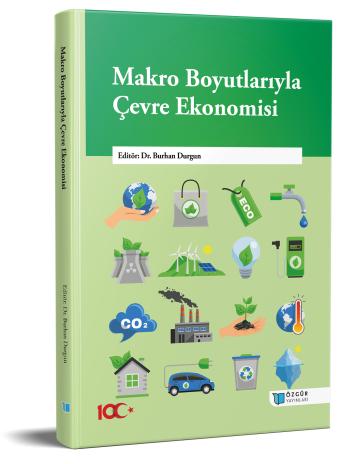
Is The End of Conventional Growth Paradigm? Exploring Circular Economy and Economic Policy in the Age of Climate Crisis
Chapter from the book:
Durgun,
B.
(ed.)
2023.
Macro Aspects of Environmental Economics.
Synopsis
How to achieve growth is one of the most important areas of debate in the economic literature and it is constantly gaining new perspectives. Until the 1970s, growth, which was considered a prerequisite for development, advancement, and modernization, has seen its traditional mythical role challenged, particularly in the face of the climate crisis and deepening inequalities. In this study, referencing the emerging scientific paradigm of systemic interconnectedness in the 21st century, the need for a more equitable and inclusive understanding of development in the age of the climate crisis is reexamined. Within this framework, the dimensions of the ecological crisis are explored within the context of inequalities, followed by an examination of the main principles of the circular economy model within the discourse of planned degrowth. This study, which opens up discussions about the points that need to be considered in shaping economic policy for the 21st century, aims to highlight the potential of the circular economy to provide a roadmap for a fairer and more inclusive development and to offer practical suggestions for policymakers.

